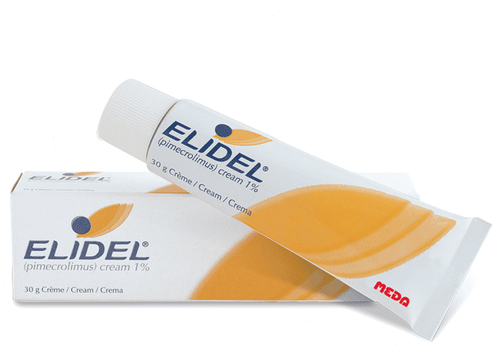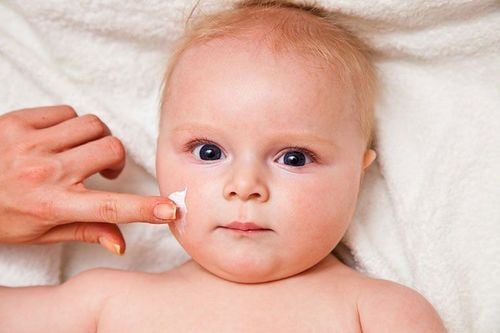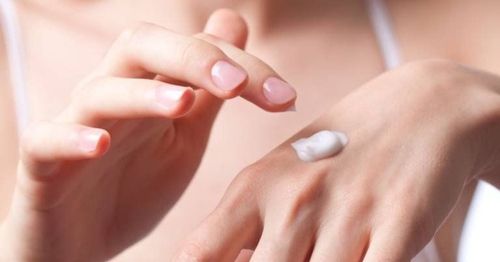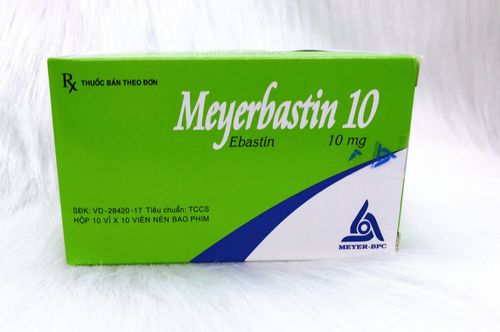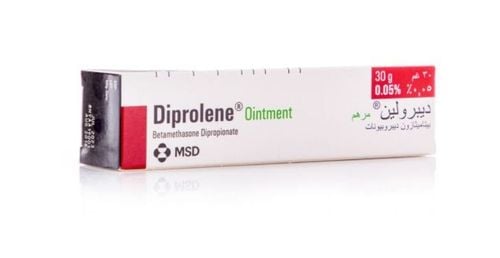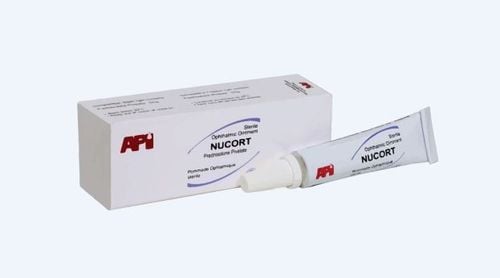This is an automatically translated article.
Atopic dermatitis is not contagious and not life-threatening, but very often atopic dermatitis recurs, causing many inconveniences to the patient's life. Winter atopic dermatitis accounts for a high rate, making it difficult to treat.
1. Overview of atopic dermatitis
Atopic dermatitis is a skin disease caused by inflammation, often occurring in people with atopy. The disease has many different names such as eczema, atopic eczema, atopic eczema, atopic eczema or chronic lichen simplex disease. The disease is not transmitted by person-to-person contact through lesions. Atopic dermatitis is divided into three main groups: atopic dermatitis, contact atopic dermatitis, and seborrheic atopic dermatitis.
The disease has a familial nature and is a combination of many factors inside and outside the patient's body, including the surrounding environment and an allergic location. If not monitored and treated, the disease will last a long time and easily recur. Atopic dermatitis recurs a lot in the winter because the skin is dry due to dehydration, easily damaged, scratched and bacterial superinfection.

Viêm da cơ địa ở trẻ nhỏ
2. Atopic dermatitis is easy to recur in cold weather
The direct cause of atopic dermatitis is often unknown, there is a combination of many different factors. People with pre-existing allergies are those most likely to get the disease. This group of subjects often have comorbidities such as seasonal allergies, allergic rhinitis, urticaria, allergies to certain foods, chemicals or insects and house mites, ... The ideal is to accurately identify the specific allergen for each patient, but this is not an easy thing because of the limitations of means and tools to perform.
Besides, the living environment is also a factor that has been shown to be related to recurrent atopic dermatitis, specifically increasing the likelihood of disease manifestation. Atopic dermatitis very often occurs in the cold season, when the living environment is dry and the humidity is low. Winter atopic dermatitis is often accompanied by many skin lesions, the skin is drier, so it becomes more sensitive to external allergens. When the skin gradually loses moisture, the patient often feels itchy, leading to scratching, making the skin scratch and hurt more. This process often results in exacerbations of mild to severe dermatitis, depending on whether bacterial superinfection occurs. Dehydrated skin is caused by cold and dry weather, patients often do not feel thirsty, so they do not provide enough water daily. Another reason given to explain is that many people use too hot water to bathe for fear of cold, with or without the use of strong antiseptic cleansers that dehydrate the skin. The degree of itching is proportional to the degree of moisture loss on the skin, then the patient will scratch more and the skin damage will be more and more severe.
3. Clinical manifestations of atopic dermatitis
Atopic dermatitis has different manifestations depending on the stage of the disease, including acute, subacute and chronic. In the acute phase, the skin often has many red papules, accompanied by small blisters on an erythematous background and without skin scales. The affected skin areas are edematous, fluid, and scaly. Blisters and red papules appear most commonly on the cheeks, forehead, and chin, spreading to the trunk and limbs in severe cases. When atopic dermatitis progresses to the subacute stage, the skin is no longer exudative and edematous. In the chronic stage, the patient has to face with hyperkeratosis, lichenification creating raised patches on the skin surface, clearly demarcating the healthy skin. Large patches of skin lichen commonly appear on the palms of the hands, soles of the feet, the anteroposterior aspect of the elbow folds, the popliteal fossa, and the nape of the neck. This is the result of the process of damaging and scratching the skin from itching and scratching a lot. Chronic lesions of this type often have a low response rate to treatment and are easy to recur. The pathological spiral caused by itching and scratching makes the disease difficult to treat definitively, consuming a lot of time and money.
Diagnosis of atopic dermatitis is established mainly based on clinical signs and taking the medical history. However, before concluding a patient has atopic dermatitis, the physician should be sure to rule out other conditions with similar presentation and definitive diagnosis, such as atopic dermatitis, psoriasis, or neoplasms. skin lymphocytes.
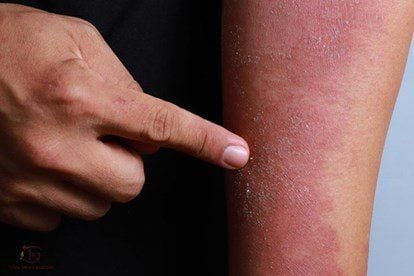
Biểu hiện viêm da cơ địa
4. Prevent recurrence of atopic dermatitis
As with the treatment of atopic dermatitis, the prevention of recurrence is challenging because the specific etiology remains elusive in most cases. Some measures recommended by doctors to take can reduce the likelihood of disease occurrence and shorten the duration of the disease such as:
Keep the skin clean, limit scratching or rubbing to damage the surface skin to reduce the rate of infection. Fingernails can be cut short in children to avoid scratching the skin. Always remember to moisturize, lock moisture for the skin. Once the skin becomes drier, the lesions are more likely to progress and take longer to heal. Choose clothes made of thin, soft, less irritating materials. Ensure the hygiene of the surrounding living environment. A clean environment, less dust and waste effectively reduces the risk of atopic dermatitis. Keep body warm, don't let sudden cold. Only use warm water for bathing and daily hygiene, do not use water that is too hot to cause dryness and peeling of the skin. If your family has atopic dermatitis or other allergic diseases, you should not keep cats and dogs because their fur is also considered an allergen in many cases. Do not eat foods that cause known allergies and limit foods that cause allergies such as eggs, fish, milk, etc. Do not use cosmetics or chemicals of unknown origin and substance. quantity. Visit reputable medical facilities when experiencing unusual symptoms. Absolutely do not arbitrarily buy treatment drugs, especially the application of antibiotics and corticosteroids on the skin surface because it limits the orthodox treatment later. At Vinmec International General Hospital, there is a package of examination and advice on treatment of atopic dermatitis to help customers assess the general condition of the disease and advise on measures to help prevent recurrence.
When registering for a package of examination and consultation for treatment of atopic dermatitis, customers will receive: Dermatology specialist examination. Perform tests such as: quantitative IgE, fresh mycobacteria, specific IgE quantification with respiratory allergens - food (Panel 1 Viet), test Rida Allergy Screen (panel 1)...
Please dial HOTLINE for more information or register for an appointment HERE. Download MyVinmec app to make appointments faster and to manage your bookings easily.




